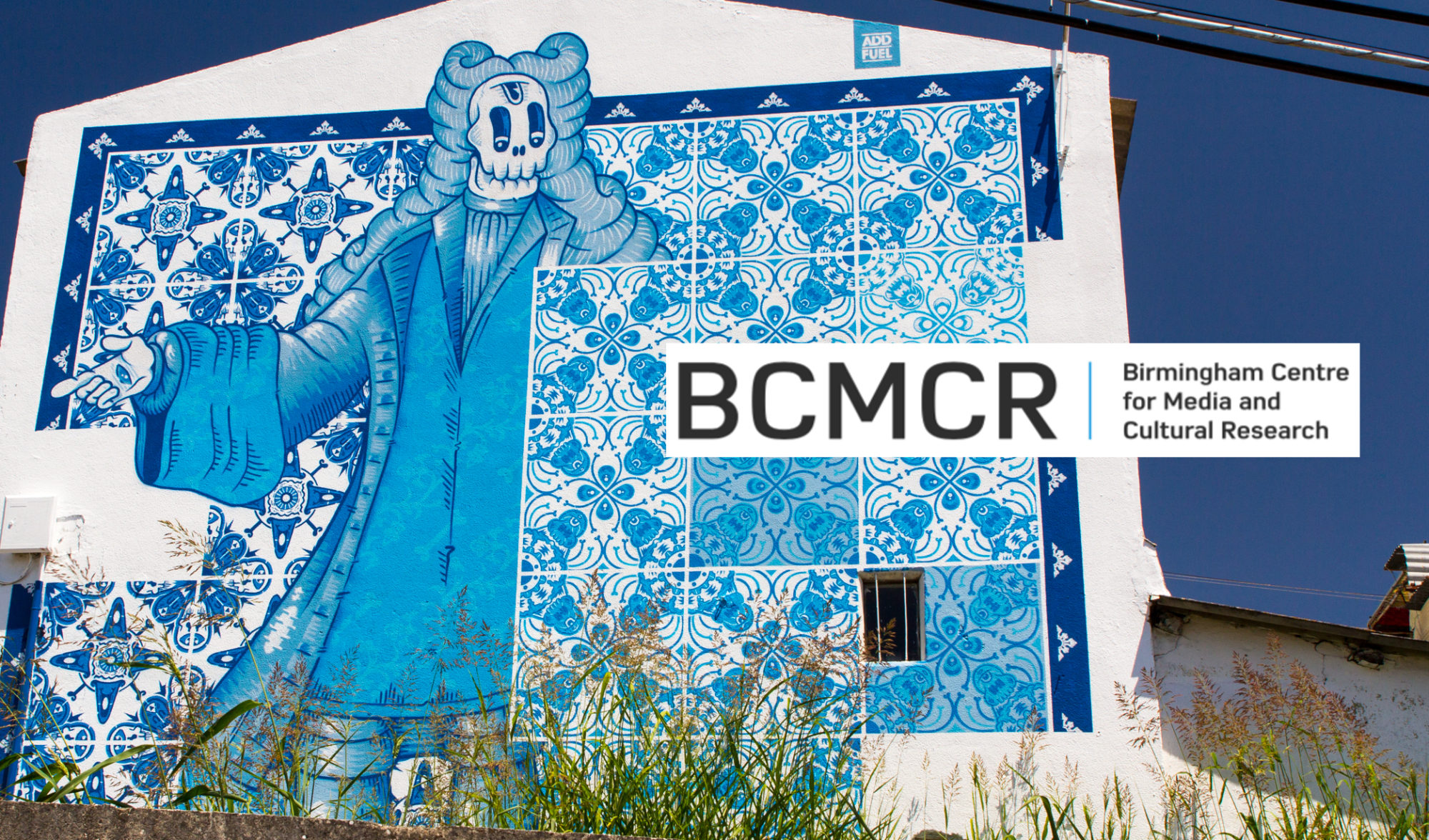continued from part 1
Things began to change in the 1970s with the emergence of players such as John Surman, Kenny Wheeler, who is Canadian, but based in London for most of his career, Norma Winstone and John Taylor. These players began to look towards other parts of Europe for inspiration and to work regularly in continental Europe and in European bands; John Taylor taught in Germany and John Surman eventually settled in Norway. Similarly, the British free improvisers, such as Evan Parker, Trevor Watts and Derek Bailey developed an approach to improvisation that became influential in other European scenes.
This coincided with the development of the ECM label in Germany run by Manfred Eicher.
In a recent interview in London Eicher talked of his admiration for this group of British players (see here) who he felt were developing a distinctive style. The first British recording on ECM was in 1970 by The Improvisation Company with Evan Parker, Derek Bailey, Christine Jeffrey, Jamie Muir and Hugh Davies (Brian Morton, Jazz Journal, February 2018), and, also from the 1970s Surman initially and then Wheeler, Winstone and Taylor recorded on the ECM label. John Surman was described by the renowned British jazz critic Charles Fox as the ‘first Common Market jazzman’ (Brian Morton, 2018). Although I would suggest that there is something characteristically British about the playing of these musicians, they developed strong relationships with other European players and I would argue that it is misleading to claim that they developed a ‘British’ style. They are part of the European scene.
In this regard it is interesting to note that in the current ECM schedule of January and February five British artists are featured. Two of these, John Surman and Norma Winstone go back to the 1970s generation; two, Andy Sheppard and Tommy Smith (who appears in a group led by the Norwegian bass payer Arild Andersen) are from the later 1980s onwards, and one, Kit Downes, is from the generation of players who came to prominence in the 2000s.
There is, however, another interesting trend in jazz in Britain today: the group of players associated with the Jazz Re-Freshed promotions in west London, players and bands such as Binker and Moses, Moses Boyd’s Exodus, Ezra Collective and Shabaka Hutchings (who is actually part of a broader scene and plays regularly in different European festivals)). Jazz Re-Freshed has developed more links with the USA than with Europe, especially with the Afropunk Fest in New York, and the South by South West Showcase event in Texas and probably sees itself as part of the Black Atlantic collaboration.
Tony’s paper was delivered on 28 February 2018 as part of the BCMCR Seminar Series.
